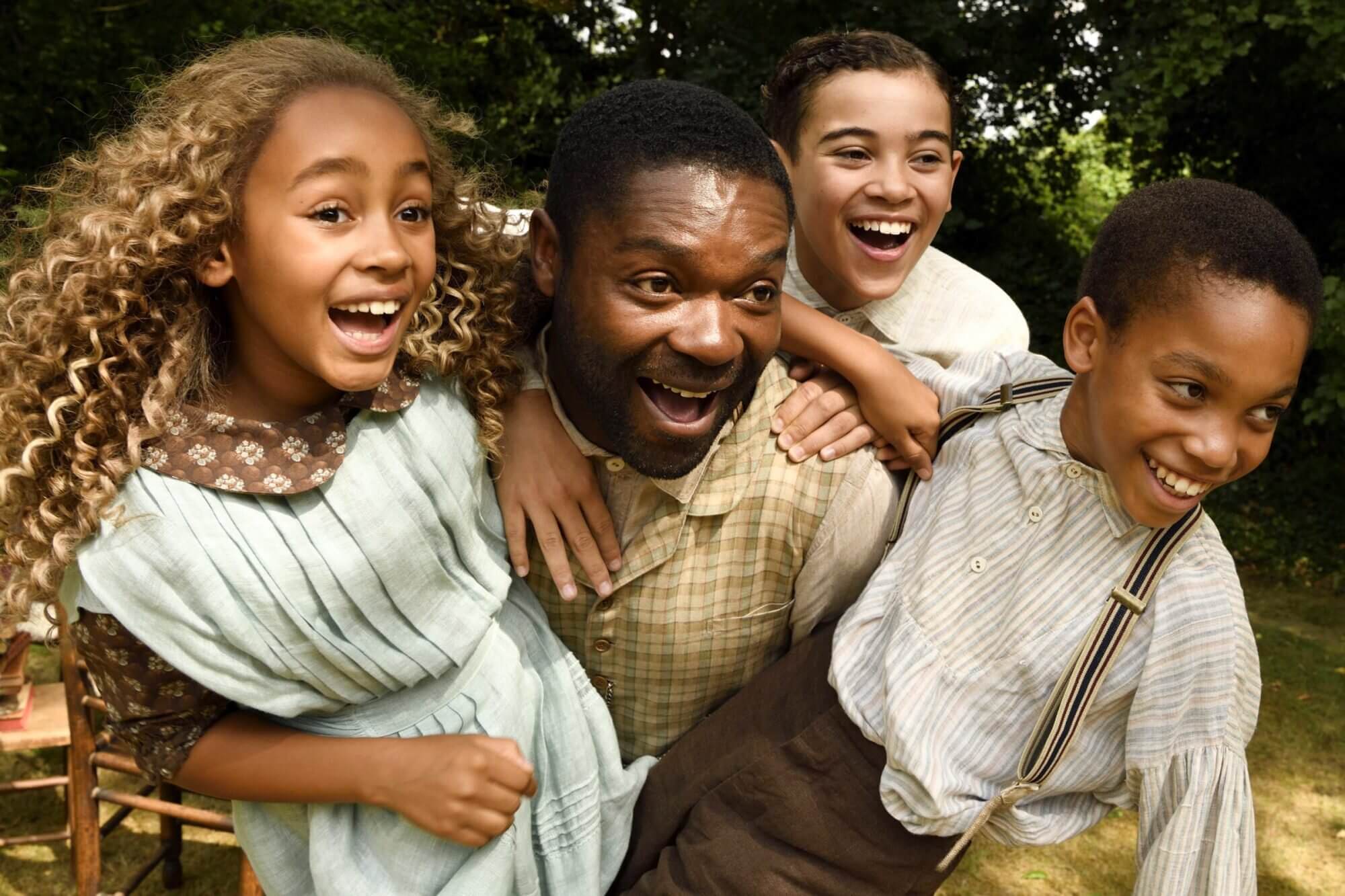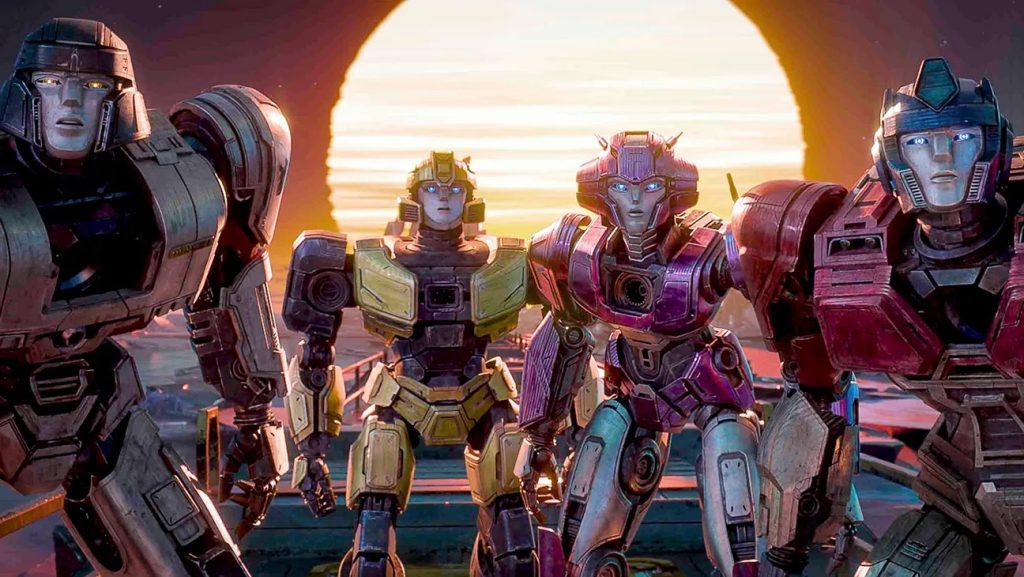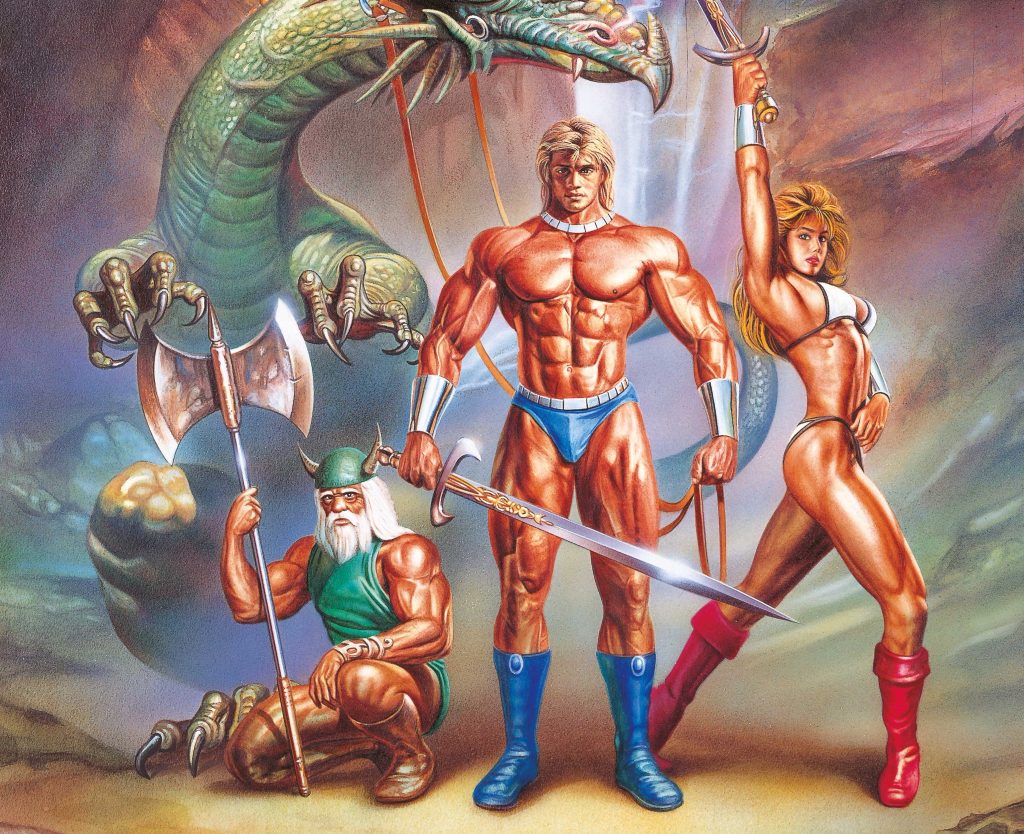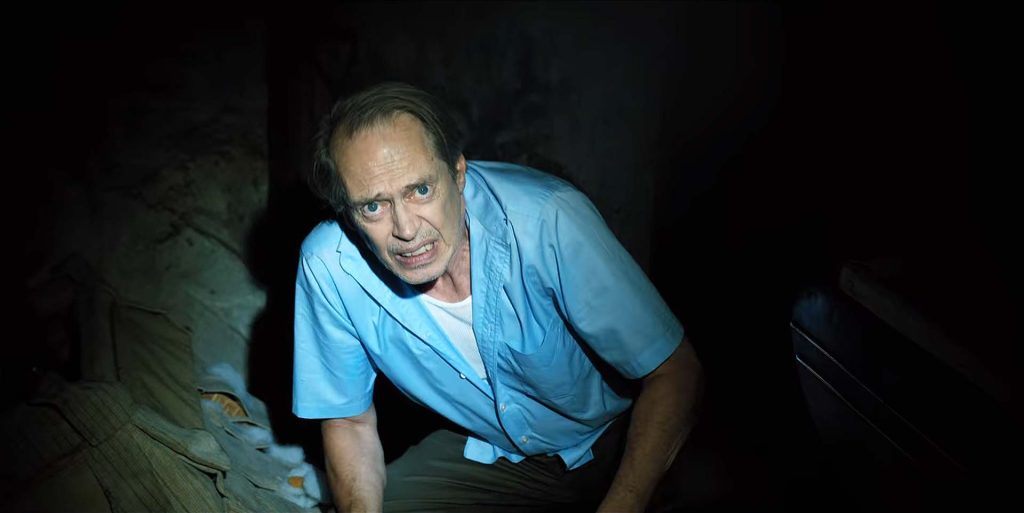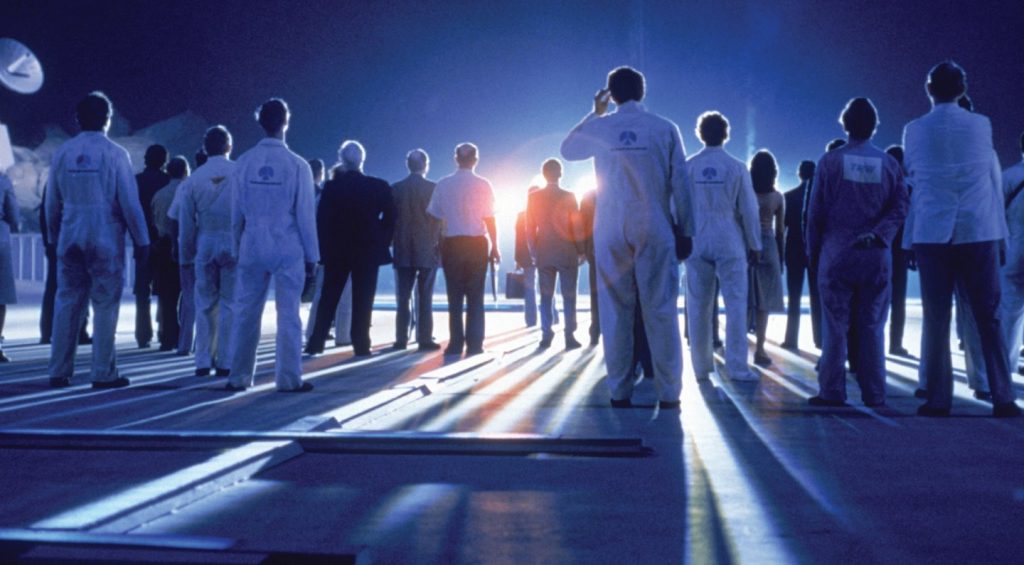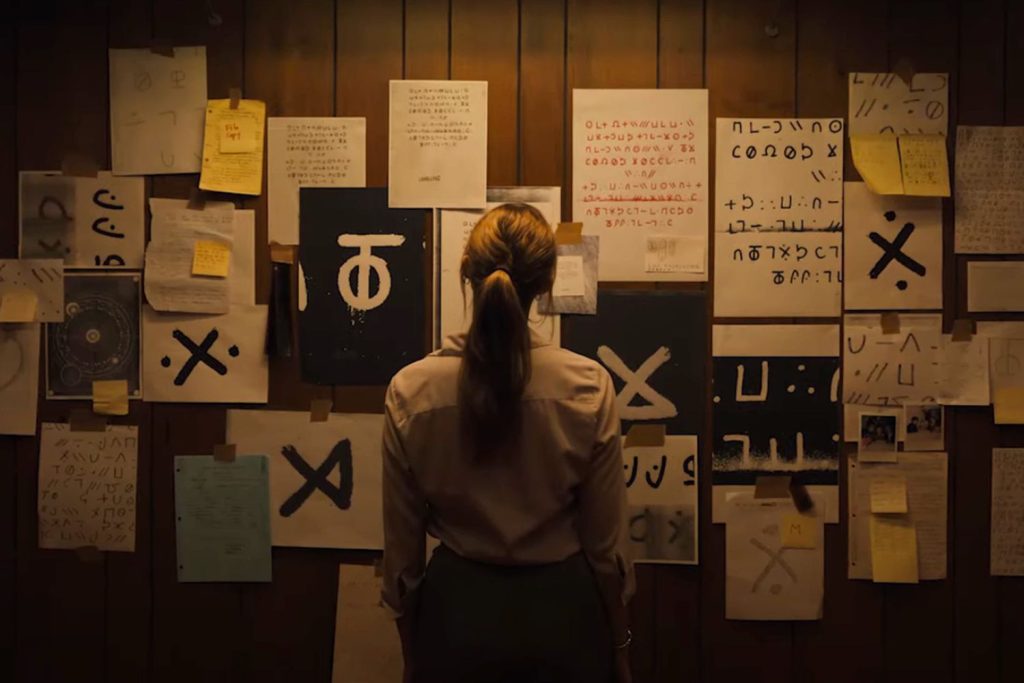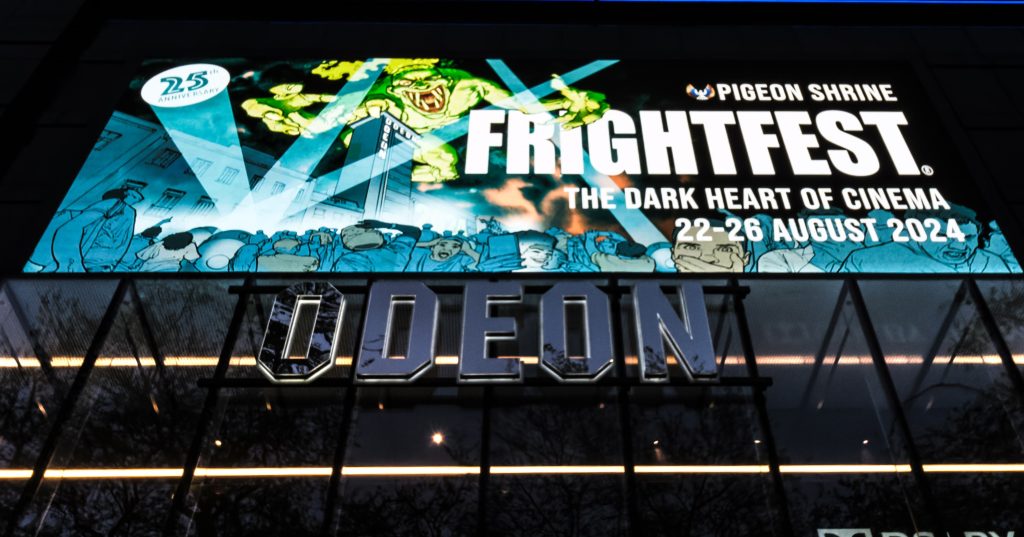In his new film, Come Away, David Oyelowo adds another instance of the great British literary canon to his illustrious career. While the actor is equally known for his roles in historically-based dramas, wherein he portrays real people – such as Dr. Martin Luther King, Jr. in the Oscar-winning 2014 film, Selma – Oyelowo has acted in Shakespearean plays, voiced James Bond, and next year sees him joining up with Peter Rabbit.
However, in the conceit of Come Away, the actor plays Jack Littleton, the father to Alice and Peter, who will soon come to be better known by the appellations of Alice in Wonderland and Peter Pan, respectively. It’s an intriguing concept, made all the more interesting by the fact that the film was directed by longtime Disney, Pixar, and DreamWorks filmmaker Brenda Chapman, in her live-action directorial debut. There’s a lot to take in when discussing his career, but it was a joy to speak with David Oyelowo and see how the actor connects historical fact with literary fancy, and what it means to him as an actor.
STARBURST: It seems as though Come Away is a further example of your work wherein you get to be part of this grand literary tradition, as well as one that’s specifically British. You’ve done many adaptations of classic works: you got to be James Bond for the audiobook of Anthony Horowitz’s Trigger Mortis, you’ve done Shakespeare, you’re tied into both Peter Pan and Alice in Wonderland with this film, and you’ve got Peter Rabbit 2 coming out next year. What’s it like, getting to be a part of this historical literary tradition?
David Oyelowo: I think it’s born out of my love of literature – my love of the classics, whether it be plays or stories – so I gravitate to those. They’re tried and tested. They are beloved, and with good reason. Sometimes it’s because you get to play dress up as well. [laughs] These period dramas – which I definitely grew up on, being from the UK – there’s something elevated about them, as well. You can either be a superhero and wear a costume or you can play Javert and wear a costume so, yeah, I probably gravitate towards them partly for those superficial reasons but mainly because the stories are just really good and the characters are wonderfully complex. They’re great challenges to try and conquer.
We imagine that was part of what attracted you to Come Away, as well as probably the possibility of working with Brenda Chapman in her live-action feature directing debut?
It really was. Brenda’s work has been a fan favourite of ours in our house with The Lion King. Prince of Egypt is a big film in our house. I have a daughter who adores the film Brave and so, again – a tried and tested filmmaker and storyteller. Also, the concept behind this story was just really imaginative. The idea of putting Peter Pan and Alice from Alice in Wonderland together as brother and sister sort of feels like an idea that should have been had a long time ago, but when Brenda approached me with the script, I realised that someone like me was now going to be reflected in a story that I had loved growing up, but never really seen anyone who looked like me within.
Not only was that going to be something for me, but something for my kids – something for kids all over. Partly why I gravitate towards these kind of roles is, I would love to see them normalised. I would love to see it normalised that someone like me gets to be in those stories, because the truth of the matter is black people didn’t pop up in the middle of slavery or the civil rights movement or the Windrush in the UK. We’ve been on this planet for a very long time and participating in its well-being in ways that transcend struggle and racial issues and so that should, therefore, be reflected in storytelling.
It is such a wonderful thing to see representation in adaptations of classic literature, rather than simply going with the flow of, “Well, this is the way it’s always been done.” Now, this is sort of apropos of nothing we’ve been discussing but, whenever I see Michael Caine in a film, I have a bit of joy, no matter how briefly he’s in it, such as in this picture. Did you know that you would be working with him when you signed on and if so, was that also part of the appeal?
No, I did not at all. It was a complete surprise. We approached him almost as a bet to each other and, lo and behold, it happened really quickly. It happened within a week of us going out to him and suddenly, he was on set with us. It was a really discombobulating thing because it’s Michael Caine with that voice and that face and I now had to do scenes opposite him, which really threw me because I felt like, “Why is Michael Caine doing an impersonation of Michael Caine?”
It just felt so odd having that voice come at me in the midst of a scene but, again, just one of the joys of being an actor is getting to work with your heroes. For me, to get to work with Angelina Jolie and Derek Jacobi and Clarke Peters, and a friend of mine, David Gyasi – let alone these wonderful young actors – it was just a just a complete dream.
You are best known for your work in historical drama and we were really intrigued by the idea that you’ve done all of these literary works, but you’ve also done so many things where you’re playing real people. How does that process differ or how is it the same? We assume that, in both cases, you’re having to work based on already extant presuppositions of how people might think these people should be.
It’s an added layer of challenge. Any role you’re playing is exposing, especially when it comes to film. You’re putting yourself out there, so to speak, but historical characters – or, I should say, even just characters who people have, like you say, a presupposition, with their own assumption of what they should be – I would almost put historical figures and literary figures in the same bucket, because whether it’s Dr. King or Javert, people are coming at it with their own baggage.
You have to just accept that you are not going to please everyone and so therefore, the thing to fastidiously do is to figure out what your best three-dimensional interpretation of that character is and to do it unapologetically, because the temptation is to half do it and sort of fall somewhere in the middle or do an impersonation of someone else or even the character you’re playing and then that feels surface, rather than revelatory. I just think you go full ball and just accept you’re not going to please everyone. Tell the truth. That tends to be the guiding principle for me.

You mentioned your family. Can we assume that possibly some of the roles you take are so that your children can see you in films? We know some actors have this thing of taking roles because they’re like, “Oh, my kids are going to like this.” Does that happen with you at all?
Absolutely, it does. Earlier on in your career, you take these roles that appeal to you and your sensibility and your journey and maturation as a human being. Then, you have children and you suddenly turn around and your kids are 10, 12, and 13 or whatever and you go, “They don’t know what I do because they haven’t seen anything I’ve done,” because it’s just inappropriate for them.
Peter Rabbit 2, which I did not long ago and will be coming out sometime next year, was a film I actually turned it down quite a few times because I was about to direct a film – my directorial debut, called The Waterman. I was understandably nervous about directing a film and wanted to give myself all the preparation possible and then, Peter Rabbit 2 came at a time where it would bleed into my prep time, but my daughter heard me over the phone turning down Peter Rabbit 2 and said, “Daddy, what are you doing?!” She loved the first one so much and so literally, Zoe is the reason I am in Peter Rabbit 2, but the byproduct of that is just getting to do a breadth of things, which is what I want. I want to appeal to the whole family, not just a certain demographic and so, getting to mix it up is not a bad thing.
Your career has been something that we think any actor would be like immensely satisfied to do. You seem to get these parts that allow you to have something in which to sink your teeth. Would that be an accurate description?
Yeah. It’s partly by design. I once heard someone say the greatest power an actor has is to say, “No,” which is a very privileged thing to be able to say. Most actors are just trying to make them nuts and enough to live. You’re doing incredibly well to make an actual living from being an actor but I’ve been very blessed with opportunities and thankfully, blessed enough that I can be a bit more judicious with my choices.
Every time you say, “No,” rather than panicking about whether you’re gonna work again – my approach has been, every time I say, “No,” it’s to create room for the thing I really want to say “Yes” to and the things I say “Yes” to are the kind of roles that you allude to: they have a bit more meat on the bone. They have something to say. They are holding a mirror up to humanity. I like films that have both magic and meaning but, most of all, I want to be thoughtful. I don’t particularly want to be in things that are pure entertainment with no real substance. Nothing is more satisfying to me when I watch a TV show or a film then if it stays with me – if it has me thinking or if it has me ruminating on it.
You don’t always succeed! Don’t get me wrong: there are definitely choices I’ve made that didn’t go as well as I would like, but the intent has always been to do something that has some substance to it.
In terms of substance, your role in Come Away is a father and you are a father and the heartbreak at the core of this film – we can’t imagine what it’s like, as a parent, having to work with material such as that, where you’re dealing with the loss of a child. Is it a little difficult or a little too close to the bone at times, when you’re having to deal with something like that?
Inevitably, one of the things you do as an actor in a given situation that you have to play is you think about what that would mean for you as a husband, as a father, as a friend – in any given circumstance, how would this impact you? Of course, some of what my character and Angelina Jolie’s character go through in the film is the worst thing you could have to deal with as a parent – or, indeed, a human being – and it’s very uncomfortable to have to entertain those thoughts, but that’s the job. The job is to reflect the reality of humanity as best as you can and I would much rather play those circumstances than experience them myself, in my own personal life.
Sometimes, the portrayal of those difficult circumstances can be incredibly healing for an audience, some of whom have been through some of that stuff. I lost my dad this September. He lived with us for the last four years and I’ve had to watch my kids go through the challenges of losing their grandfather and in our film, we are trying to balance fantasy and reality and trying not to patronise kids and trying to equip them to deal with the challenges that we will all inevitably face in one way or another, and especially now, in the middle of this pandemic. There is something cathartic about watching it played out in films that, hopefully, can help people deal with this stuff in life.
We can’t imagine what it’s like to have to have something such as that in the back of your mind while you’re promoting a movie about a family. Without giving too much away for folks who’ve not yet seen Come Away, in the film, you are not only the father to Peter Pan and Alice of Alice in Wonderland but, essentially, you are the grandfather to another set of literary characters. How does it feel to be such a grand patriarch?
That’s a great way of putting it. What I love about that side of things is the fact that, for people who will see this film in years to come, I just love the idea that we can start to normalise stories like this that have beloved literary characters, where we’re seeing those characters through many different lenses in many different forms and guises from different cultures and backgrounds and ethnicities. The thing about Alice in Wonderland, Peter Pan, and a myriad of fairy tales is the reason they endure – the reason they stick around for such a long time – is because they are universal in their relatability they speak to all of humanity.
Whether you’re black, white, African, Asian, American, South American, Russian: they go to the heart of humanity, much like Shakespeare does and if any piece of literature does that, then I think it behooves us to tell and retell those stories through the guise and eyes of different kinds of people to allow them ownership of those stories. So, for me to play the “grand patriarch,” as you call it, of these literary characters: of course, it’s a great thing for me, but I hope it’s going to be very meaningful to audiences of all shades who will watch this film as the years go.
Come Away is in cinemas from December 18th.

